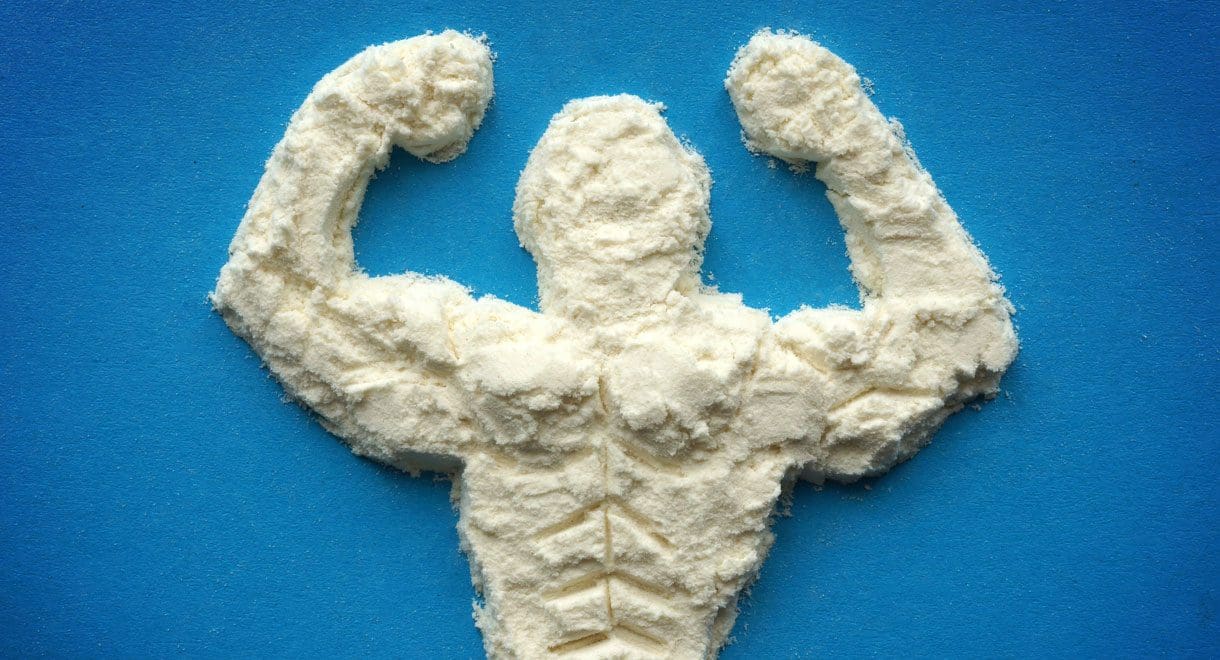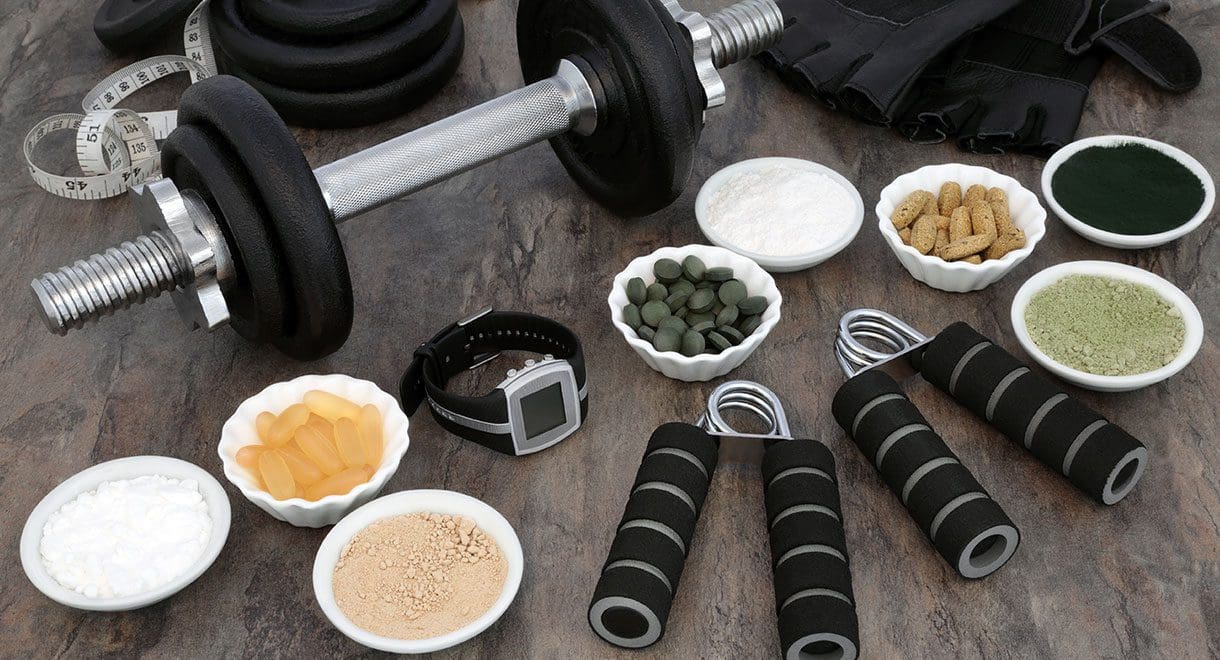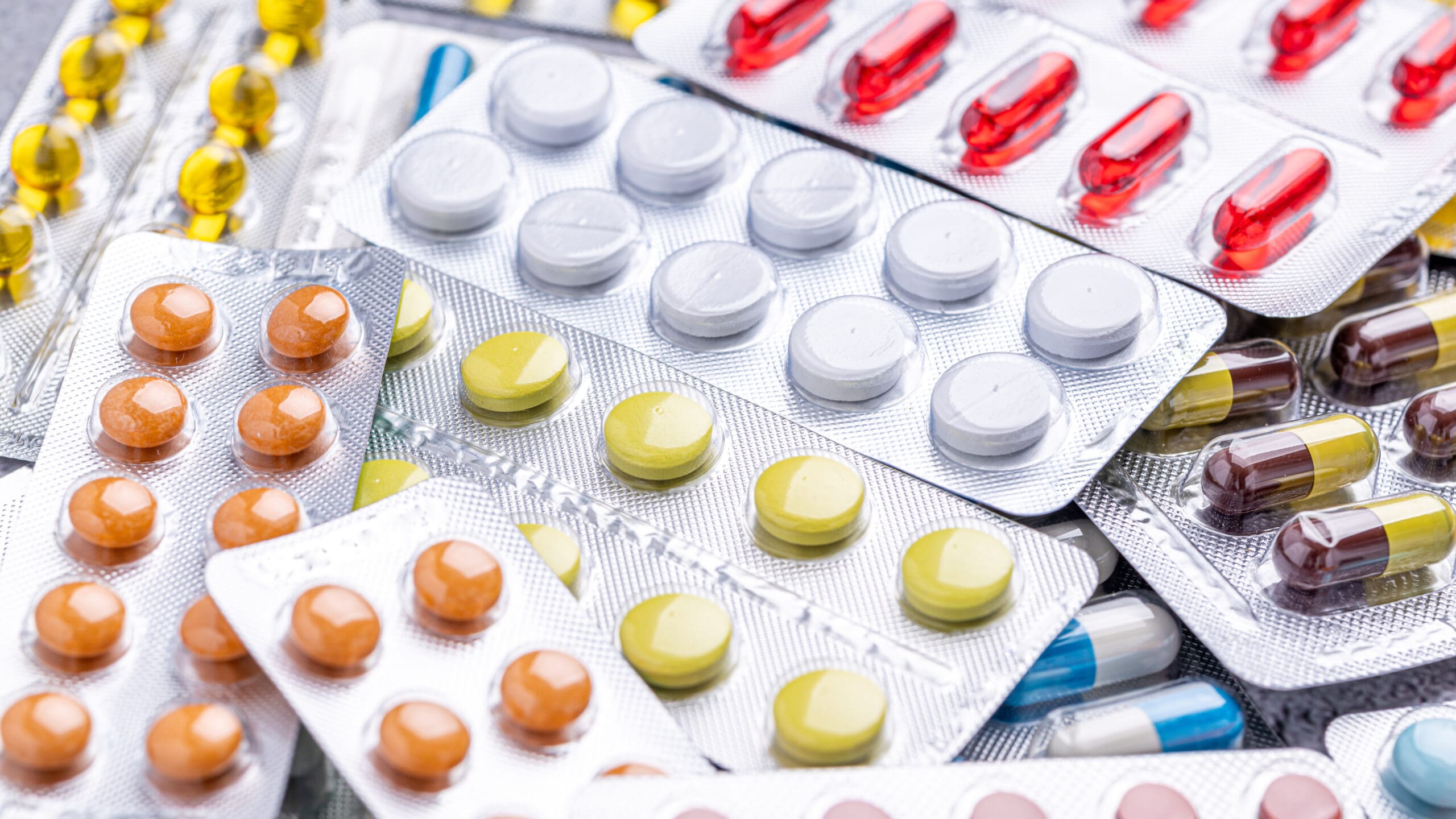Glutamine does what to protein?
Before getting to the actions of glutamine on protein, it’s important to have an understanding of what glutamine is. Glutamine is one of the 20 naturally occurring amino acids in dietary protein, specifically it is a conditionally essential amino acid that becomes essential during times of disease and muscle wasting that is generally caused by physical trauma. As it is an amino acid it is a building block of protein and is most present in the muscles.
While glutamine was first recognised in the fitness industry as a supplement to help in the preservation of muscle tissue, it has since become recognised for many other reasons. It has numerous health benefits including being an essential component in healing leaky gut, aiding autoimmune diseases and allergies, supporting efficient brain function and improving your overall health.

How do protein and glutamine complement one another?
We require glutamine replacement after exercise as doing an hour workout can cause a 40 per cent loss of glutamine in the body! Participating in an intense workout places stress on the body, and your muscles and tendons require more glutamine than what a normal diet supplies. If you do not take glutamine after an intense workout your body goes into a muscle-wasting state and muscle begins to be used for energy instead of carbohydrates.
Supplementing with L-glutamine gives your muscles the fuel it needs to push that bit further, which increases your strength and aids in the repair of your skeletal muscles. A recent study indicated that supplementing with L-glutamine allows your body to recover more quickly from extreme weight training sessions by improving muscle hydration.
When we work out our muscle contractions are supported by the shortening of proteins. We require protein post-workout to provide new contractile proteins to aid in the repair of damage induced by exercise and to boost muscle strength and endurance. It is especially important to consume protein after weight training, as lifting weights can cause your muscle tissue to breakdown. By having protein, you are allowing muscle tissue to be restored which supports muscle growth.
Although you may be having enough protein to keep up with your exercise demands, having extra glutamine in your diet can further benefit muscle recovery. Studies have indicated that taking a high amount of protein in conjunction with a good quality glutamine supplement can more effectively prompt protein synthesis and provide the necessary push to get through plateaus in training.
Taking glutamine has proven to be effective at fulfilling the metabolic demands of our internal organs and immune system by allowing quality proteins such as whey and casein to distribute their amino acids directly to muscle cells. This process allows protein synthesis to occur without interruption and creates a more constant state of anabolism (process by which the body stores energy) within muscle cells.
Glutamine and protein supplements are often taken in conjunction by athletes who do a lot of strength training, to increase muscle mass, improve recovery times and give their immune system a boost.









Leave A Comment